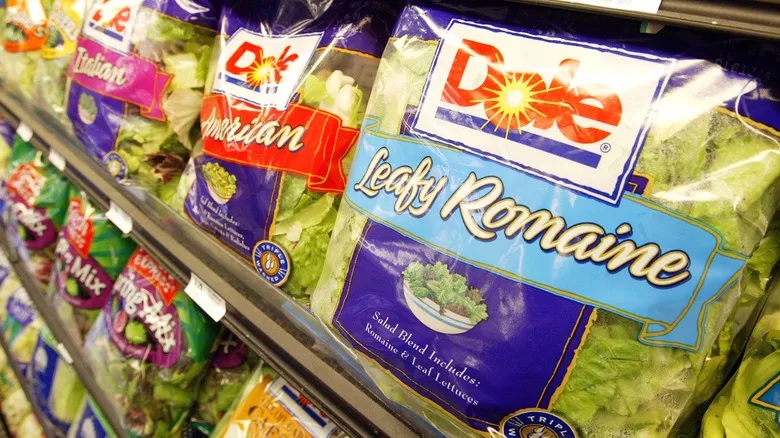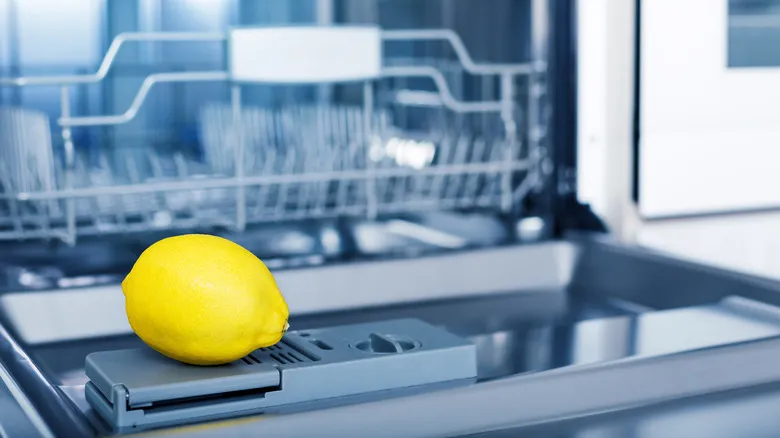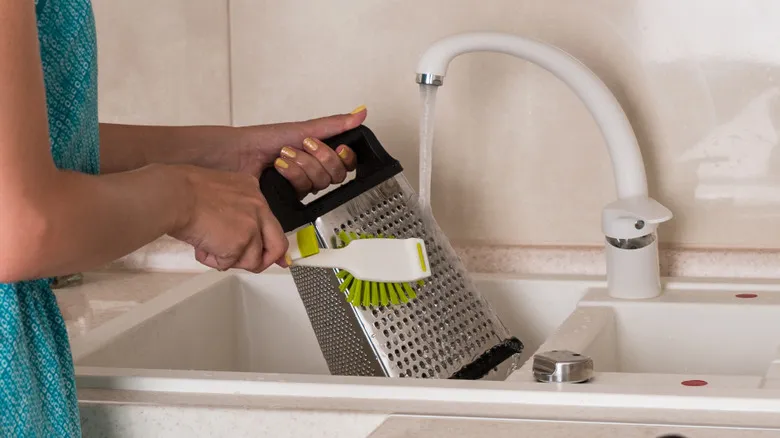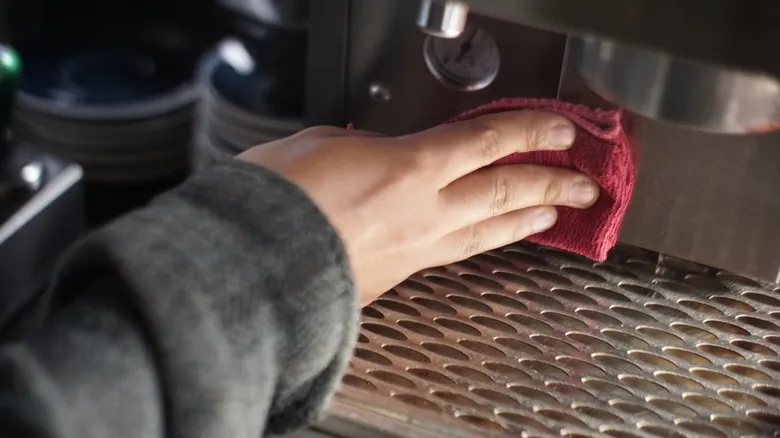Vinegar vs. descaling solutions: Which is the best for espresso machines?

While vinegar is commonly used for descaling, is it more effective than the descaling solutions specifically formulated for espresso machines? The answer varies. Most commercial descalers, such as Breville's espresso machine descaler and Active's descaling solution, primarily contain citric acid, along with some stabilizers and compounds that help remove calcium. Although both citric acid and vinegar are acidic, vinegar is actually stronger, but it can also be corrosive. This corrosive nature is one reason why it's essential to consult your espresso machine's user manual before using vinegar.
Vinegar can effectively eliminate buildup and mineral deposits, but it may be harsher than specialized descaling solutions and could potentially damage certain components of the machine, such as rubber seals, over time. For instance, if you're using a Ninja Luxe Café (which can be descaled with vinegar if you adhere to the brand's guidelines), it's advisable to avoid using undiluted vinegar or a vinegar solution without first checking your user manual.
In conclusion, unless your machine's manual specifies otherwise, vinegar can be just as effective as a commercial descaling solution, and it's certainly preferable to neglecting to clean your machine. As long as you avoid using a vinegar solution that is too strong or concentrated, this common household item can be just what your espresso machine requires.
Recommended

Here's Why Bagged Salad Greens Are Labeled 'Triple-Washed'

How A Lemon Keeps Your Dishes And Dishwasher Fresh

The Best Way To Clean And Prep Brussels Sprouts

Safely Cleaning Your Cheese Grater Without A Dishwasher
Next up

